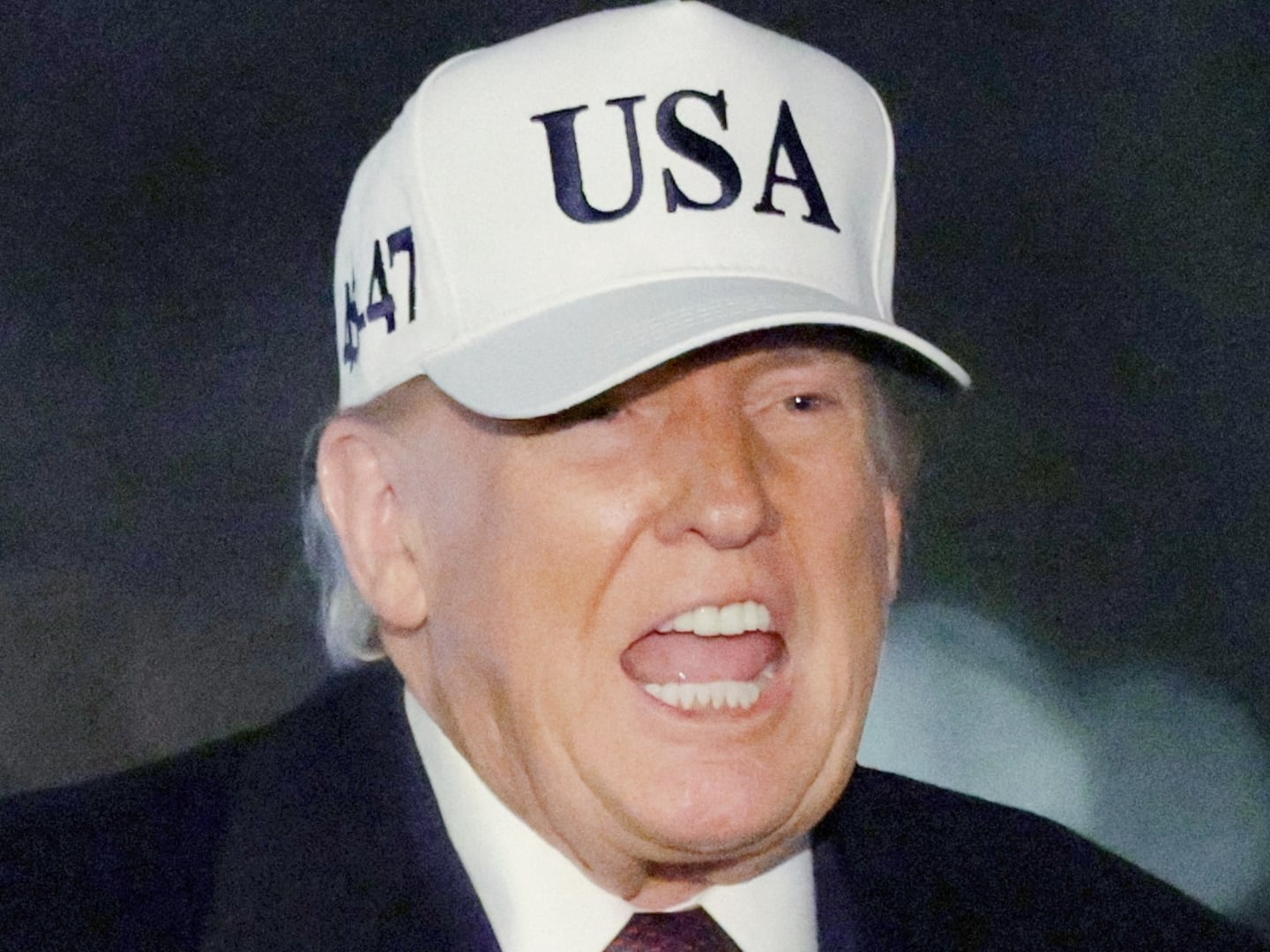
You may remember Burma from such outrages as the 2008 Cyclone Nargis scandal, during which the country's military dictatorship did nothing to prevent 130,000 deaths and then told aid-bearing United States warships to step off. Or 2007's Saffron Revolution, in which monks and civilians were killed when tens of thousands took to the streets in peaceful anti-government protest. This week, with the sentencing of Aung San Suu Kyi—who was awarded the Nobel Peace Prize "for her non-violent struggle for democracy and human rights" in 1991—Burma's back in the indignant news. (Don't call it Myanmar, no matter what the New York Times says; because the name was switched by the evil junta in 1989, activists, sympathizers, and even the U.S. government don’t recognize the change.)
Though the U.S. has banned new investment in Burma since 1997, our sanctions exclude oil and gas companies.
On Tuesday, Aung San Suu Kyi was given 18 months of house arrest for somewhat unwillingly meeting with American John Yettaw, who swam across a lake to drop in on her uninvited in May. Her crime was letting him in, which violated the house arrest she has been under for most of the last 20 years, since her political party won national elections, the results of which the regime immediately annulled. Her house arrest has been repeatedly extended and would have been so again whether a Mormon Vietnam vet from Missouri had unwisely crashed her compound or not. Still, this new sentence is yet another high-profile insult to freedom and democracy and the ideals we hold dear, and so we're calling yet again for global sanctions on Burma.
Here's what the Western powers would like to happen, as summed up by British Foreign Office Minister Ivan Lewis: "We want to see Burma's neighbors, the ASEAN [Association of Southeast Asian Nations] countries such as China, Japan, and Thailand, applying maximum pressure on this Burmese regime."
Here's what's never going to happen: that.
Burma's home to some of the largest natural-gas reserves on the planet. In 2008, it experienced a 250 percent increase in the number of Chinese companies involved in mining, oil and gas, and hydropower development over the year before; trade between the two countries is up to $2.6 billion, from $630 million in 2001. Japan (along with China and Russia) rejected a proposal to bring a draft resolution on Burma to the Security Council in 2006, pandering to the regime, some analysts say, in an effort to counter Beijing's influence on it. And Thailand has the rights to nearly two trillion cubic feet of natural gas in one Burmese concession alone. Last year, more foreign companies had invested in Burma than ever, and Burma's neighbors—energy starved, overpopulated neighbors—are not about to just pull their money out because the U.S. and EU keep telling them to.
Especially considering that the U.S. and EU aren't pulling their own money out, either. Though the U.S. has banned new investment in Burma since 1997, our sanctions exclude oil and gas companies—Chevron helps operate a pipeline that earns the junta hundreds of millions a year. The U.K., too, forbids dealing in, say, Burma's garment industry, but not its energy. In a statement responding to Aung San Suu Kyi's sentence, French President Nicolas Sarkozy urged more EU sanctions—but "in the wood and ruby sector." Further highlighting the unlikelihood of an EU oil-and-gas moratorium on Burma is the CEO of French oil and gas giant Total telling Newsweek last month that critics of his company's involvement there "can go to hell."
So here's what is going to happen: The U.S. and EU are going to make good on extending their sanctions—Obama just signed another extension two weeks ago—and probably impose new ones, and the sanctions are going to continue to not work. More garment-industry workers are going to be put out of jobs, further starving the civilians of the poorest country in Asia, one of the five poorest countries in the world. More activists are going to join the 14 Nobel Peace Prize laureates, more than 50 members of Congress, and the Harvard University International Human Rights Clinic in calling for the United Nations to set up a commission of inquiry into crimes against humanity in Burma. Unjust as it is, Aung San Suu Kyi's illegal detention is far from the most upsetting thing going on there: thousands of political prisoners, violent racial and religious oppression in the west, the world's longest-running civil war in the east. And if the horrifically underreported atrocities of Burma ever find their way onto the map of global consciousness, maybe that commission, Burma's best real hope, will get set up after all.
In the meantime, Aung San Suu Kyi is going to quietly settle back into detainment, like the still-imprisoned monks of the Saffron Revolution, and the junta is going to settle back into evil business as usual, which it's been conducting evilly since 1962, and the whole country's going to settle back into media oblivion. Until next year: In 2010, the country is having its first elections in two decades. Everyone knows they won't be free or fair or unfixed, and Aung San Suu Kyi won't be allowed to participate. We'll have plenty of opportunity to stir up a lot of indignation, again, and again fail to take any meaningful action soon.
Mac McClelland writes and edits copy at Mother Jones. Her book For Us Surrender Is Out of the Question: A Story of Burma's Never-Ending War comes out in March.






